Instead
Room for what is
Happy May! In my last post I wrote that I didn’t think April was poetically or otherwise the “cruellest month,” but I’m now putting an asterisk by that statement. And perhaps alongside May as well. How has your spring been?
My word for 2025 is “open,” and, as they say: Be careful what you wish for. Open with boundaries and helpful practices, I say. I’ve been thinking a lot about the roles my Ayurveda and yoga and other practices can play when the proverbial rug is pulled out from under me or, more fittingly, when it feels as if someone threw my life into a blender and is alternately hitting the pulse and liquefy buttons.
I enjoyed writing poems every day in April with Ellen Rowland’s prompt course and actually liked several of my efforts. Much of what I gleaned in recent painting workshops came through in trying to make sketches with words. The practice helped keep me grounded and somewhat sane as the wheels of my day-to-day life otherwise came off, to use another analogy. Creativity for the win!
After finishing about two months of focused physical therapy for my left hip, it was feeling much better. I found a sweet personal trainer to keep the momentum of glute strengthening going and to work on the rest of my body. After two sessions with him in mid-April, said body decided to produce a case of shingles, my first ever. My time with him was going to be on hold in May anyway, due to a planned three-week trip to Greece for Matthew’s and my 30th anniversary in June. But the brakes were applied to my new exercise regimen much more quickly, to use still another analogy.
We delayed a planned trip to visit my dad and sister by a week over concerns of my contagion and so I could rest. I had a rash on my left rib cage from front to back, in classic shingles style, and stabby-punchy pain, but no other symptoms. Meanwhile Dad had a serious health scare, so when we did visit him a week later than originally scheduled we decided to cancel our Greece vacation. He was in a worrisome state, and being a continent away did not feel right. Shingles also kept us from visiting with a friend of Matthew’s we had not seen since our wedding while she was in North Carolina.
I have no idea what triggered the outbreak, but on April 1 I’d had my first-ever routine colonoscopy. I was tired of mailing off my poop in a cup, and after my panchakarma adventure in India in November, which involved enemas, I figured I could handle anything! The prep was as fun as everyone says it is but the procedure was an anesthetized blip. The results were great and all-clear, but the doctor saw something she wanted examined via a pelvic ultrasound, which was zero fun, but those results were also fine. I also had a mammogram right after the ultrasound — it had been scheduled at the same facility for a few days later, but when I mentioned it to the tech, she offered to arrange for it to be done right then and there, so why not? Those results were also clear. I’m very, very grateful for all the “negative” results, but perhaps something about the three procedures within two weeks, or maybe just the colon probe alone, shook the virus out of hibernation. Who. The. Heck. Knows.
In the meantime, a friend we were going to visit while in Greece had her own family emergency, so it’s just as well that she didn’t have houseguests. Instead of being in Europe, after Dad stabilized we went to our N.C. beach condo and enjoyed a week of doing very little until I woke up to a text from my sister saying Dad had been sent from his nursing home to the hospital in Hendersonville at 3 a.m. that morning with sepsis, covid and maybe aspiration pneumonia. So we left the beach. Matthew and our Tux kitty stayed in Clayton, and I drove farther west, arriving at Dad’s house at 8 p.m., too late to visit him. My sister and I spent the next day with him, while he improved, and he was discharged the following day, in much better shape. Whew.
While we were at the beach, Matthew and I were able to take steps toward making a 30-year dream a reality, getting way closer than we thought we would that week. But the dream bubble burst just as quickly, though not without a few plus sides. I’ll share more details about all that when it comes true and through.
Dad has continued to perk back up, but we don’t know what his new normal will be. To be sure, I’m glad to have had time with him and my sister. (Candler and Fletcher: Like Athens and Santorini but different!) Much of caring for someone in a long-term (or any) facility involves keeping an eye on the providers and advocating for your person, so that has always added an extra layer of anxiety, but now especially after these recent crises. (Trying to get multiple doctors and nurses on the same page is like swinging at a piñata blindfolded.) Of course, I’m also grateful for the folks who truly care and look out for Dad, including the overnight nurse who flagged the seriousness of his condition and sent him to the hospital.
Through all this I’ve had to let go of some of my nurturing daily routines, or what’s known in Ayurveda as dinacharya. With shingles, I skipped abhyanga, oil massage, which I’d been doing consistently since the India trip — the last thing I wanted to do was touch my rash, and I didn’t have the energy for the practice anyway. Instead I rested and relied on an antiviral to stem the severity of the outbreak and an Advil-Tylenol combo to manage the pain. After about a month, I returned to abhyanga the first day I visited my dad in the hospital. It felt like fortuitous timing, giving my skin and nervous system a soothing barrier for the challenging day and environment ahead. Other morning practices remain portable, such as stretching, meditating and pranayama.
In a two-year course with my Ayurveda teacher that ended this time last year, I learned a deeper definition of dharma. I used to think of it as a fixed sense of purpose, especially related to work or a job. Like, It’s my dharma to be a lawyer. But dharma is deeper — it’s more about the values that drive our actions, which can indeed result in what we do for a living, or not. I think of it as a web of integrity that helps us make decisions, from small to large. If our values are clear, our decisions around our actions and behaviors follow naturally, though not necessarily painlessly.
Canceling our anniversary trip was a no-brainer in many ways, but it didn’t not sting. We’d been talking about what to do for the big three-oh for years, and I spent many hours researching and planning a trip for two cities and two islands. Applying the lessons of dharma, I can see that because I value my family, I made a clear choice (which was thoroughly supported by my husband).
Dharma asks: What is mine to do? I much prefer this way of looking at it, rather than through the Western-filtered, capitalism-warped sense of dharma as rigid, one-path, performance-based, outward achievement. Life is fluid and often chaotic. Shouldn’t our practices accommodate that reality? I much prefer a system that makes room for all of it, or the both-and, so that the hard stuff can live alongside the supportive stuff. The good and the bad do not cancel each other out.
Overall I’m really healthy, fortunate and hashtag super blessed, and I know I’m not an exception to the ways of pain and suffering, which help us evolve. It’s highly possible that I’ve been experiencing a dose of the chaos energy that’s widespread on the planet these days, and closer to home in the United States, which has been gripped by levels of true cruelty and inhumanity this year that are gaspingly hard to behold. The macro and micro levels of turbulence could also be a continuation of the turbo-charged “pivoting” that was a hallmark of the early days of the covid pandemic.
All I can do is what I can do, so it’s interesting to look back at choices I made in difficult times and sort out not just my mental-math noise but also the underlying qualities that drove the choices. The more clear I can be about and rooted in my values going forward, perhaps the more clear my decisions will be, such that they won’t even seem like either-or, this-or-that, what-if, analysis-paralysis deliberations. I feel a sense of calmness and peace in that, as in the guna or quality of sattva — a third way apart from the inertia of tamas or excitement of rajas.
I also feel a sense of spaciousness, another foundational quality rooted in my Ayurveda studies. When so many recent plans fell apart, I tried to allow room for the insteads. What needed to happen when I was ill with shingles, or not? When my dad took two downward turns? Being thrown into one detour after another called for constant cancellations and rearranging.
Back to the blender analogy: I love my Vitamix, especially for making soups. I put in the chunky cooked ingredients and purée them into a smooth, easier-to-eat consistency. All the flavors and textures marry in a process of alchemy that totally transforms the original concoction into something else, but the raw materials are still there. So instead of fighting with the chunky and hard-to-digest bits of life of late, I’ve tried to remain fluid and enjoy or at least make space for all the insteads that have surfaced.
What helps you in times of detours and derailments?
I enjoyed reading Anne Lamott’s “Traveling Mercies” (though published in 1999, its title hit me as a bit ironic in my current circumstances). In it she shares:
Patience is when God — or something — makes the now a little roomier.
Ah, yes, Annie. Oh, yes, and thank you.
She also shared a friend’s daily prayers: “Whatever” in the morning, and “Oh, well” in the evening. With a chuckle, these have also felt apt lately. In a section in which she relates a story about how for someone else “everything that could go wrong did,” she shared a lesson from the Dalai Lama:
[His followers believe that] when a lot of things start going wrong all at once, it is to protect something big and lovely that is trying to get itself born — and that this something needs for you to be distracted so that it can be born as perfectly as possible.
I don’t need to be any more distracted than I already am, but I mean, childbirth is kind of a violent process, when you think about it. It was a balm to read this, though it also feels a bit like a rationalization, like something we need to tell ourselves when things fall apart, as William Butler Yeats wrote in his post-World War I poem “The Second Coming”:
Things fall apart; the centre cannot hold;
Mere anarchy is loosed upon the world,
The blood-dimmed tide is loosed, and everywhere
The ceremony of innocence is drowned;
The best lack all conviction, while the worst
Are full of passionate intensity.
Note how those two last lines reflect tamas and rajas!
The last lines of the poem also echo what Lamott wrote, perhaps in a quest for sattva:
And what rough beast, its hour come round at last,
Slouches towards Bethlehem to be born?
Is this poem timely on a global level or what?
Here are many of the insteads I’ve experienced in the past month-plus, joy magnets that birthed themselves:
At the beach one morning, I was able to watch a flock of pelicans meticulously hunt for fish. They took turns circling in the air, searching for and finding fish below, dive-bombing to snatch them up, then sitting on the water for a bit to eat and rest. Repeat. I hadn’t had any extended photo sessions since my India trip, so it was fun to practice tracking shots with nothing at stake but time.
Otherwise the bird scene was pretty quiet at the coast. On a walk through a woodsy park, I was instead thrilled to see several dear deer, including this shy young one in the shadows.
I was also able to sink into Suleika Jaouad’s memoir from 2021, “Between Two Kingdoms.” I gave it five stars on Goodreads! It’s a story of many journeys — of a young woman diagnosed with leukemia and her treatments, the end of one romantic relationship and the beginning of another, and a road trip around the United States.
In no way am I comparing myself to someone with a grave and, in her case, recurring illness. I’m saying her book, like Lamott’s, was an uplifting read. Other people’s stories have the power to illuminate worlds we aren’t familiar with but also connect us through what we have in common. They can show us perspectives we haven’t considered but also make us feel included in the web of humanity.
Jaouad talks a lot about living with the short- and long-term uncertainty that her illness brought, and she speaks eloquently of pain and healing (bold emphasis mine):
I used to think healing meant ridding the body and the heart of anything that hurt. It meant putting your pain behind you, leaving it in the past. But I’m learning that’s not how it works. Healing is figuring out how to coexist with the pain that will always live inside you, without pretending it isn’t there or allowing it to hijack your day. It is learning to confront ghosts and to carry what lingers. It is learning to embrace the people I love now instead of protecting against a future in which I am gutted by their loss.
The last line really hit home for me, given my 81-year-old dad’s situation. But really, we’re all living with mortality every day, our own and everyone else’s.
Instead of going on a walking tour of Greek food in Athens, while staying at my dad’s house near Asheville I was able to go to lunch with a woman I met in India in November. Small world! She lives in California but was in town to finish up a course in Ayurveda. Naturally we had Indian food.
I had lunch at a Greek restaurant (hahaha) with a friend from high school who is also in caregiving mode with her father.
I visited a cafe in West Asheville for its kitchari, which is always way better than the version I make, and a rose-cardamom shortbread cookie that is not exactly Ayurveda-friendly but makes life worth living anyway — a definite joy magnet.
One night I had soft-serve vanilla ice cream in a cake cone for dinner from a popular seasonal drive-up shop. Though it broke a lot of rules, it was freaking delicious and served as a huge joy magnet. My system handled it well, too.
Instead of hoofing around the Parthenon and the hills of Santorini, I took yoga classes at the Iyengar studio in Asheville for the first time since September, before Hurricane Helene tore through the area, and since I pulled over for hip rehab. For the past four years, I’ve enjoyed being just a student again and visiting this sanctuary while I’m away from home.
I also visited some of my favorite natural spots. At the Beaver Lake bird sanctuary, I didn’t spot anything too exciting or photo-worthy but was delighted to partake in another man’s joy over seeing a cecropia moth emerging from its cocoon near the base of a large tree. (He named it; I wouldn’t have been able to pick it out of a lineup. And naturally its name is Greek-derived.) Probably because he noticed the camera around my neck, he led me over to the site, but the moth was gone. Instead I asked to see his picture and for permission to take a photo of it with my phone. I’ve never seen one in person, but wow. I was thrilled for him. I know what it’s like to have that kind of unexpected encounter.
At Lake Junaluska, I came upon some adorable bleeding hearts, snickering at the timely and timeless poignancy of their name. From the front this one looks like a 1960s glam model with a beehive flip hairdo.
At the lake, I saw my first green heron of the year. I happened to catch it yawning. My own moth-like moment!
I also saw several Canada goslings, and named them all Ryan. (The actor is Canadian, after all.)
On a subsequent lake visit I saw the first belted kingfisher I’d seen in ages, and with a prime prize in its beak.
And one evening on my dad’s porch, while FaceTiming with Matthew, I saw my first hummingbird of the year, air-swimming up to a feeder I’d hung full of fresh sugar water. Squee! No chance for a photo.
I’m not interested in sugarcoating crappy situations or engaging in any spiritual bypassing, gaslighting or toxic positivity. But I also don’t enjoy being mired for too long in my misery, either. Being open while in distress to the insteads that live right alongside hopes, plans and commitments helps me see difficulties not as huge swerves, jarring though they may be, but more as part of a continuum — not as exceptions but as part of the circuitous, nonlinear trajectory of life.
Maybe I’m building resilience, or realizing more and more in post-middle age that linear predictability is a mirage. What is it that we can control?
Another instead: While putting more than a thousand miles on our 14-year-old Subaru this month, I was able to listen to the podcast “Dying for Sex,” after having watched the TV series on Hulu several weeks ago. Both are incredible, especially the last episodes of each. The show is based on the podcast, which dives into the adventurous physical journey a 40-something woman takes when she learns a recurrence of breast cancer has become terminal. Yes, there are a lot of graphic stories about the sex part, but in both the show and podcast I was blown away by how the dying woman, Molly Kochan, moves toward the inevitable ending of her story.
In the last episode of the podcast, called “Becoming Whole,” Molly talks about “unhooking” from “universal truths” that no longer make sense to her. While working on a memoir near the end of her life, she came to understand time in a nonlinear way and worked through past traumas. She spoke beautifully to her best friend about how she felt about dying:
The hundred percent honest answer to that is, this disease has taken away my ability to book travel, because I get sick every time I travel. To make plans. I will buy tickets to things that I have to throw out because I’m in the hospital or I’m not feeling well. I’ll make dates that I have to cancel because I have a blood clot in my leg. Like, I can’t take trips, like, I can’t do anything.
I nearly had to pull over for the rest of her answer:
There’s a trip planned just for me, and I don’t know where it is or when it is or what it’s gonna be like, but it’s all mine, and I’m really looking forward to it, because it’s gonna be the first real trip I’ve taken in a really long time. Because it’s one that’s not gonna make me sick or not gonna make me in more pain, and it’ll be easy, loving and colorful and adventurous. I mean, at least that’s what I’m assuming.
I can’t recommend the show and podcast highly enough. I am again in no way comparing myself or my life to someone with a serious or terminal illness, but it was such a gift to hear Molly’s voice, as if from the beyond, while she coped with an unthinkable situation, without sunny-side-upping anything. She hoped that sharing her story would help others:
Half the time I’m like, how did this happen to a 45-year-old woman? Like, I’m 45, I’m not supposed to die yet, but I guess I am, and I’m looking forward to it.
This dovetails nicely with a section in Suleika Jaouad’s memoir in which shares a friend’s theory of travel:
When we travel, we actually take three trips. There’s the first trip of preparation and anticipation, packing and daydreaming. There’s the trip you’re actually on. And then, there’s the trip you remember. “The key is to try to keep all three as separate as possible,” he says. “The key is to be present wherever you are right now.”
There’s the trip you’re actually on.
Easier said than done sometimes, of course. And there’s the trip we’re all on …
In that last podcast episode, Molly talks about having fallen in love with herself. T.S. Eliot, he of the “cruellest month” quip, is perhaps echoing a life’s journey with these words:
We shall not cease from exploration
And the end of all our exploring
Will be to arrive where we started
And know the place for the first time.
What helps you prepare for planned events, be present, come what may, and process it all in retrospect?
Feel free to share your reflections in the comments section. Thanks so much for reading and being part of Joy Magnets.

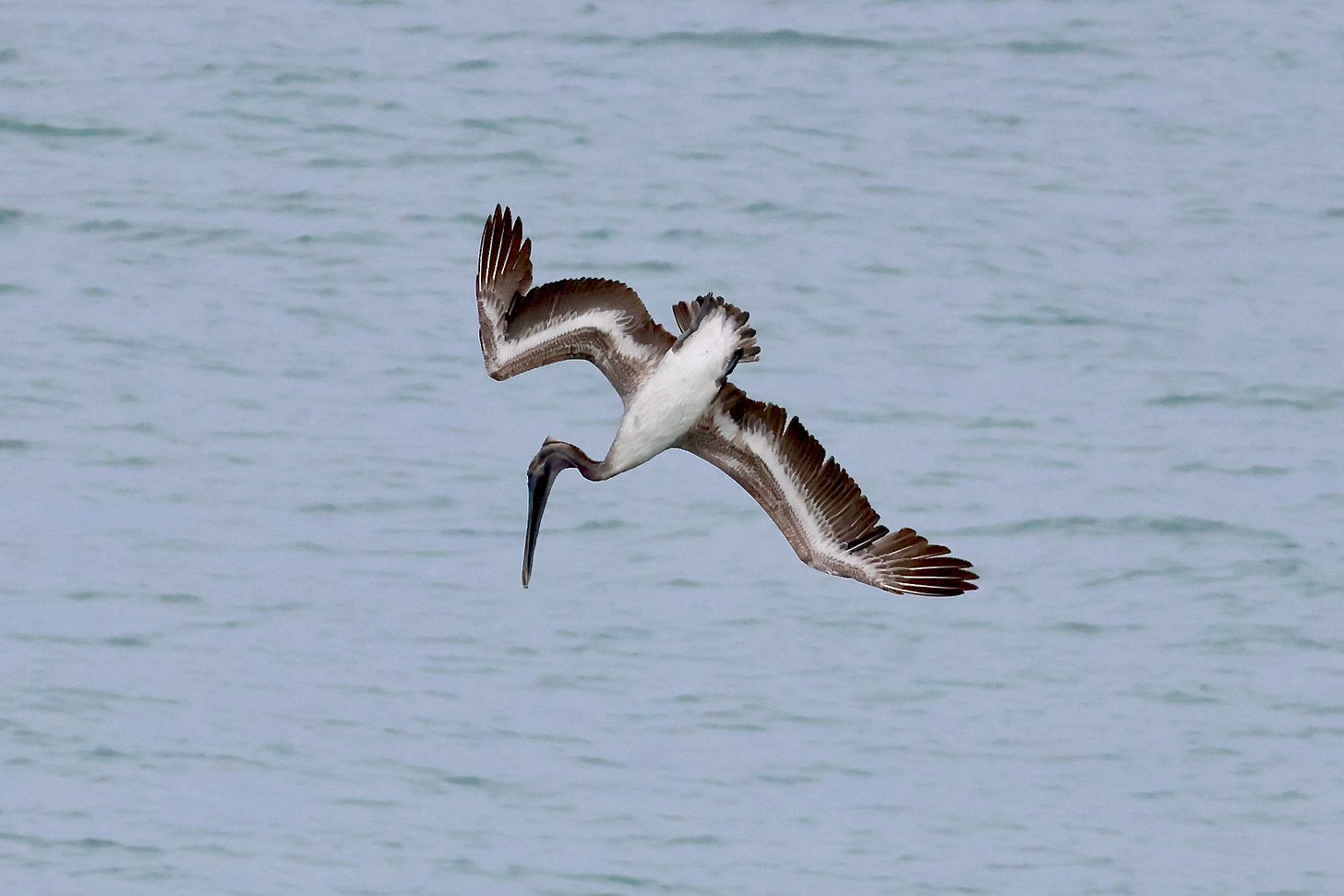
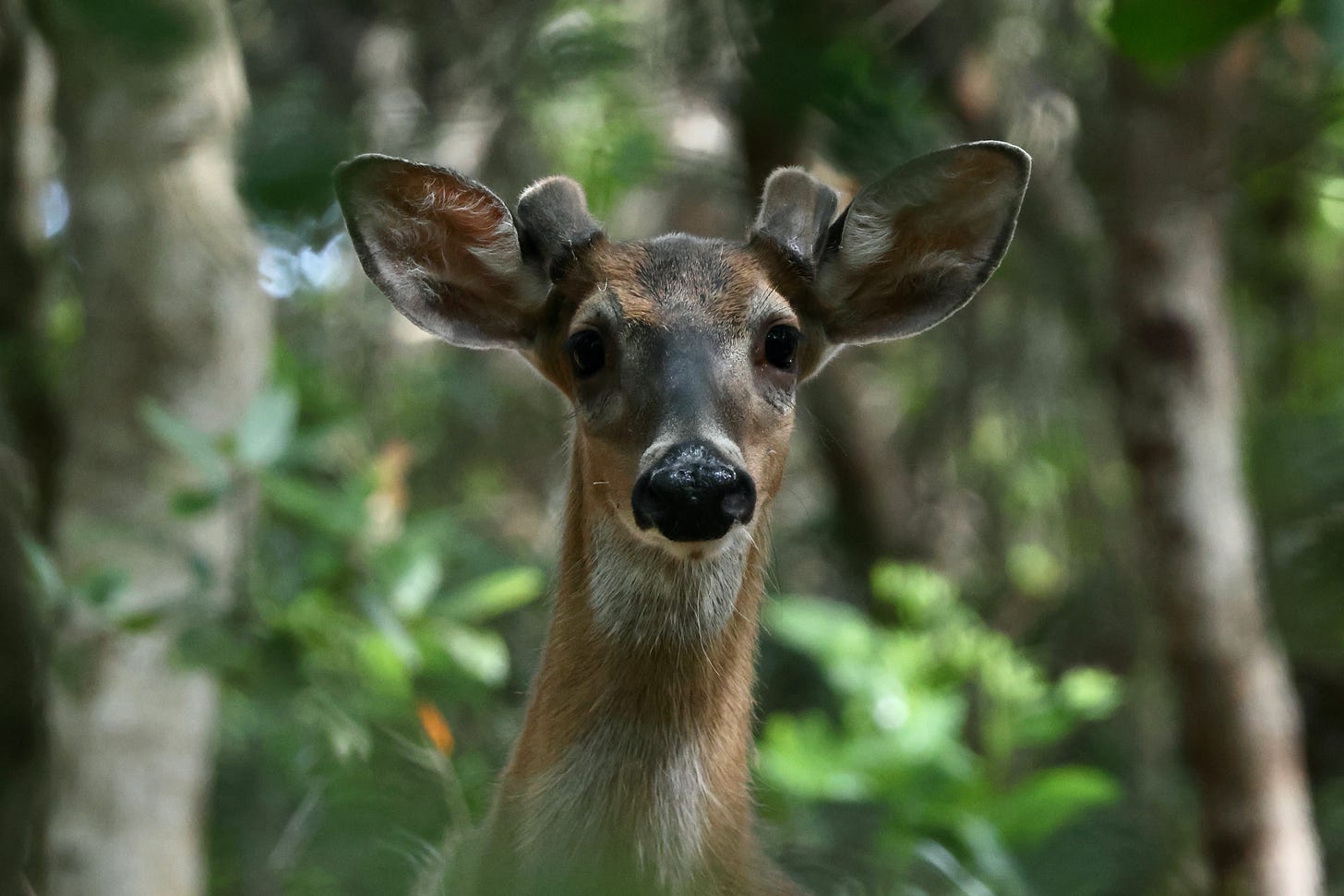
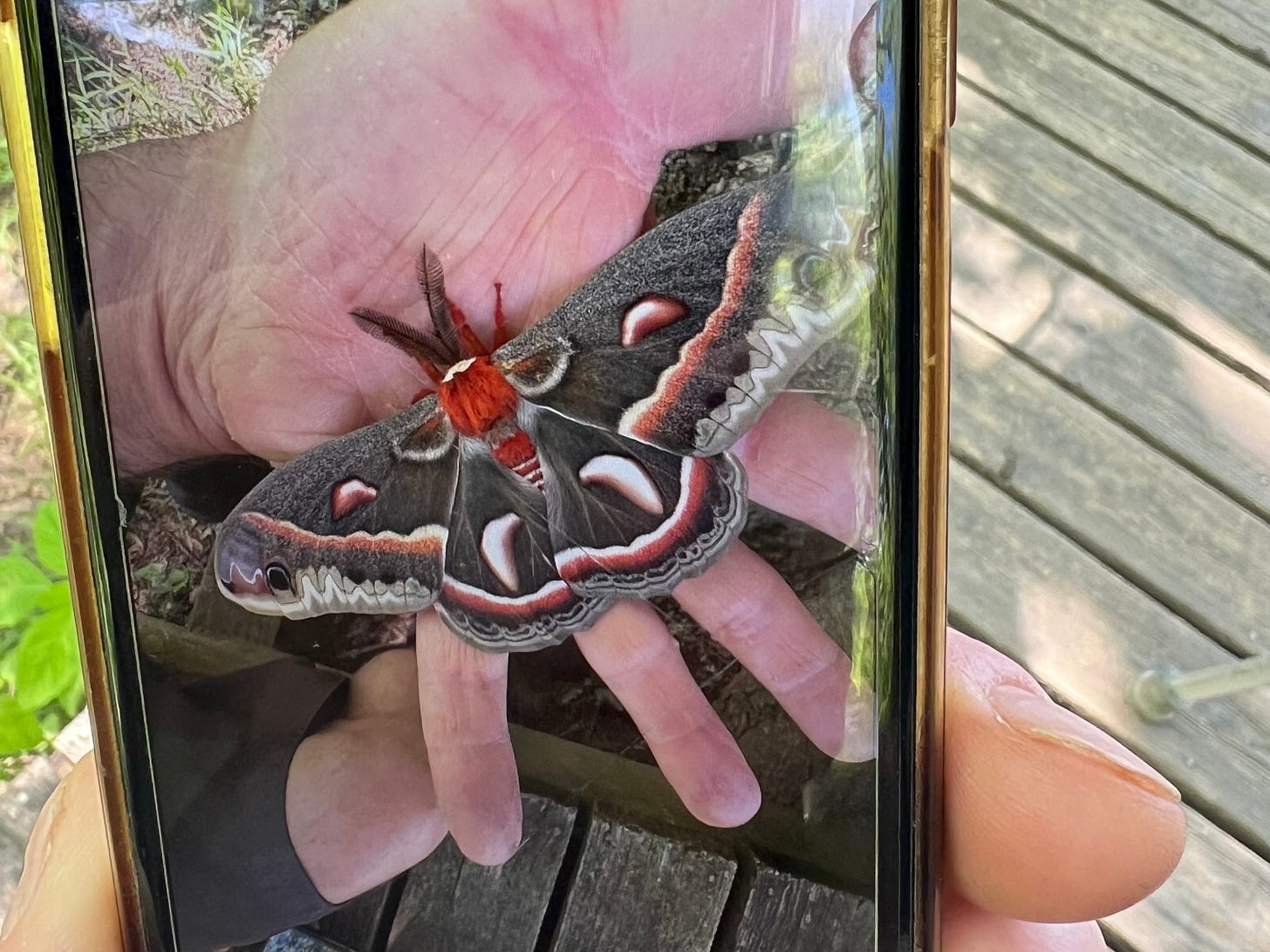

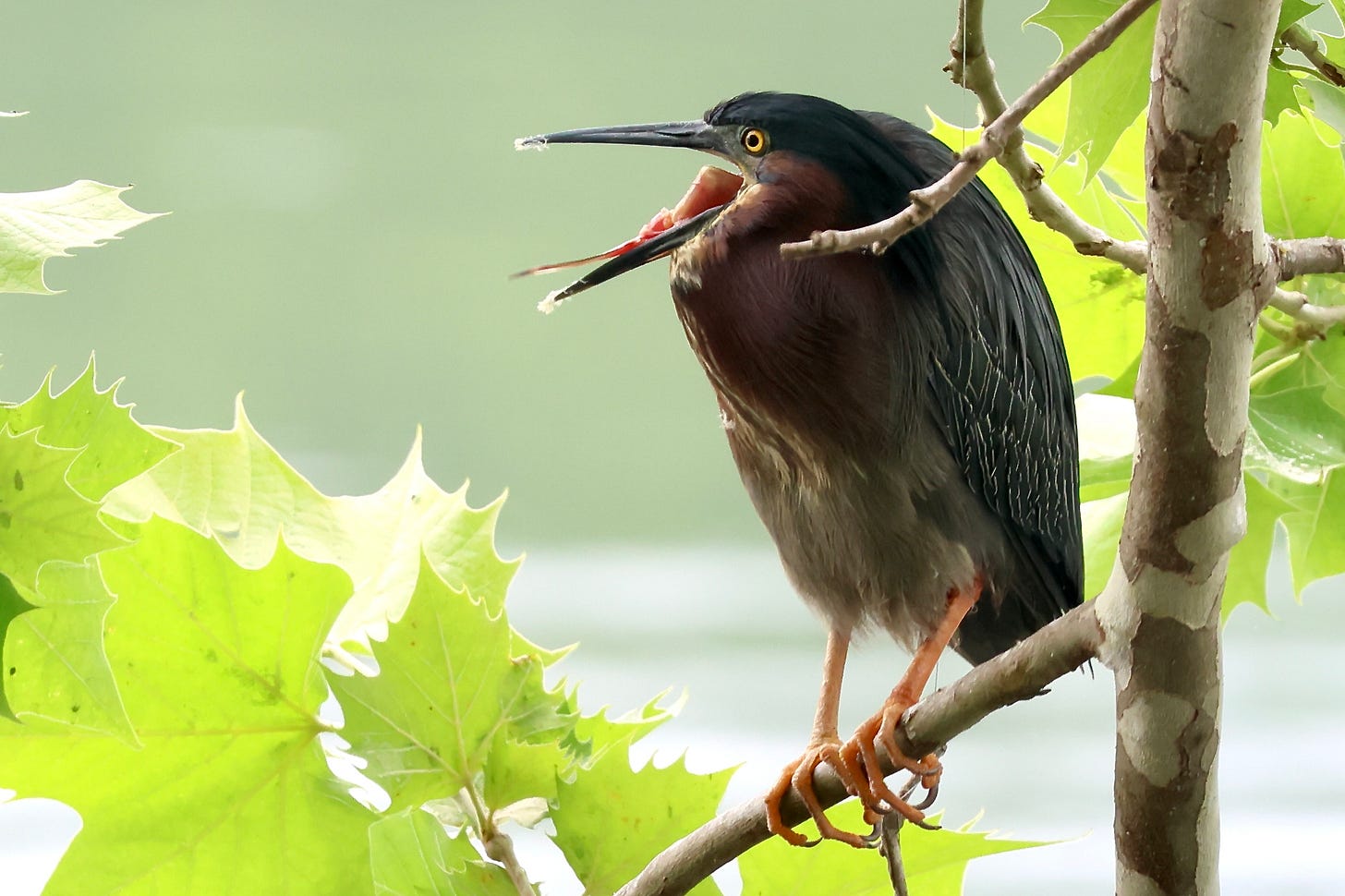
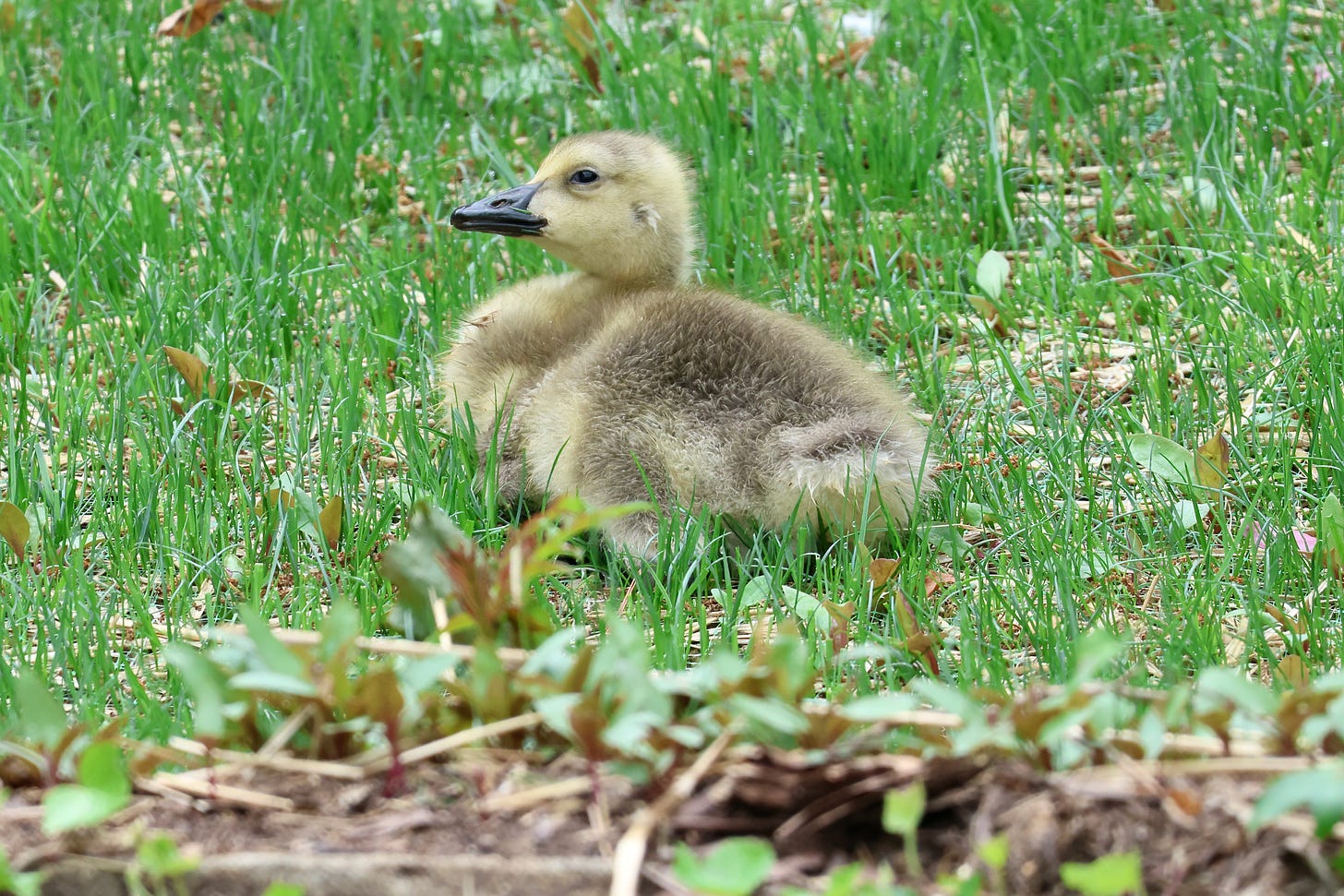
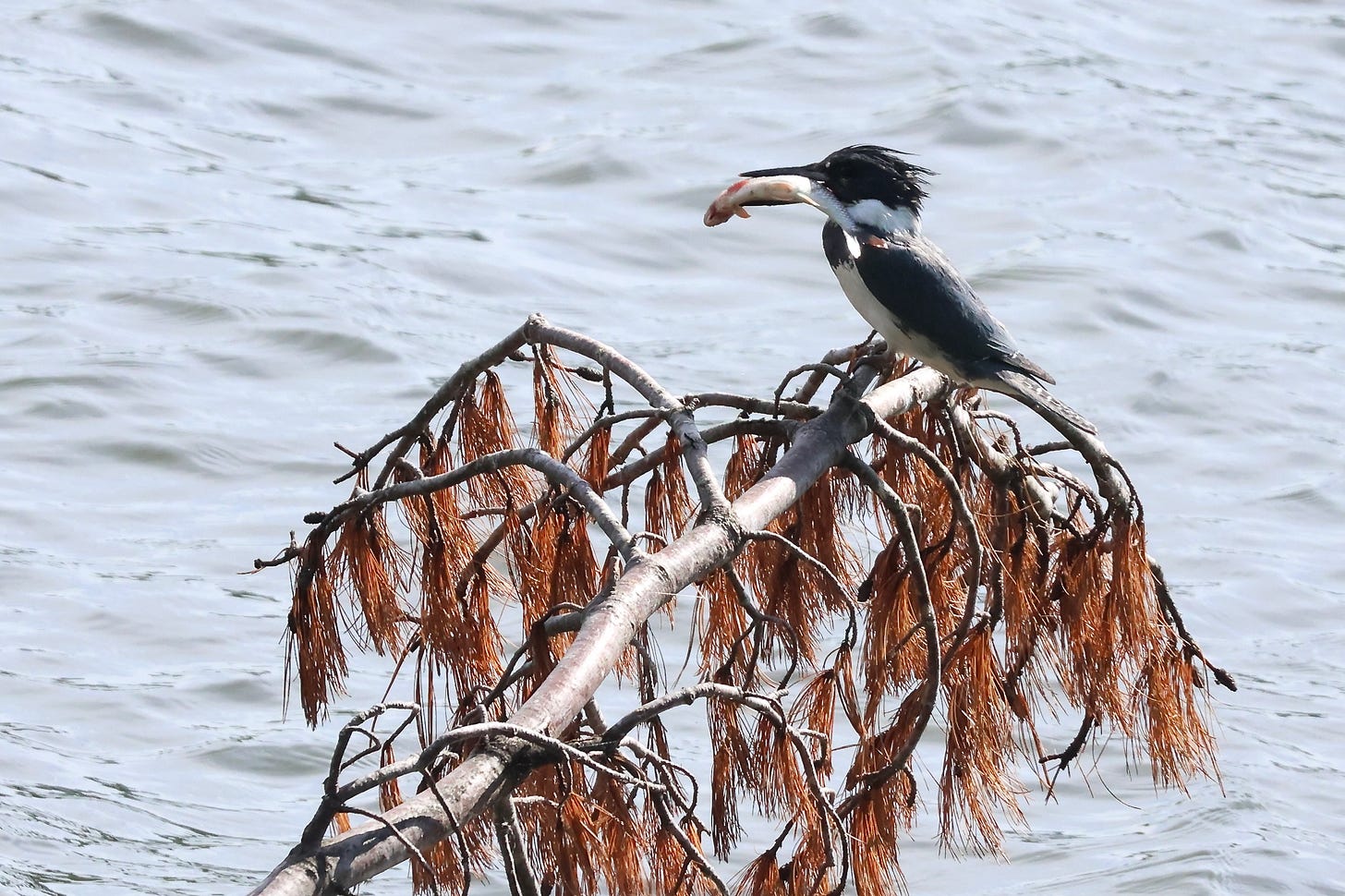
I am also reading and enjoying Suleika's work, both here on Substack and in her books. What a woman!!
Thanks for the reminder about being present in travel (good advice for life in general too).
As always, lots to love here. I haven’t heard of the podcast/hulu series, but will check it out. Also need to watch Between Two Kingdoms. The theory of travel—so true!